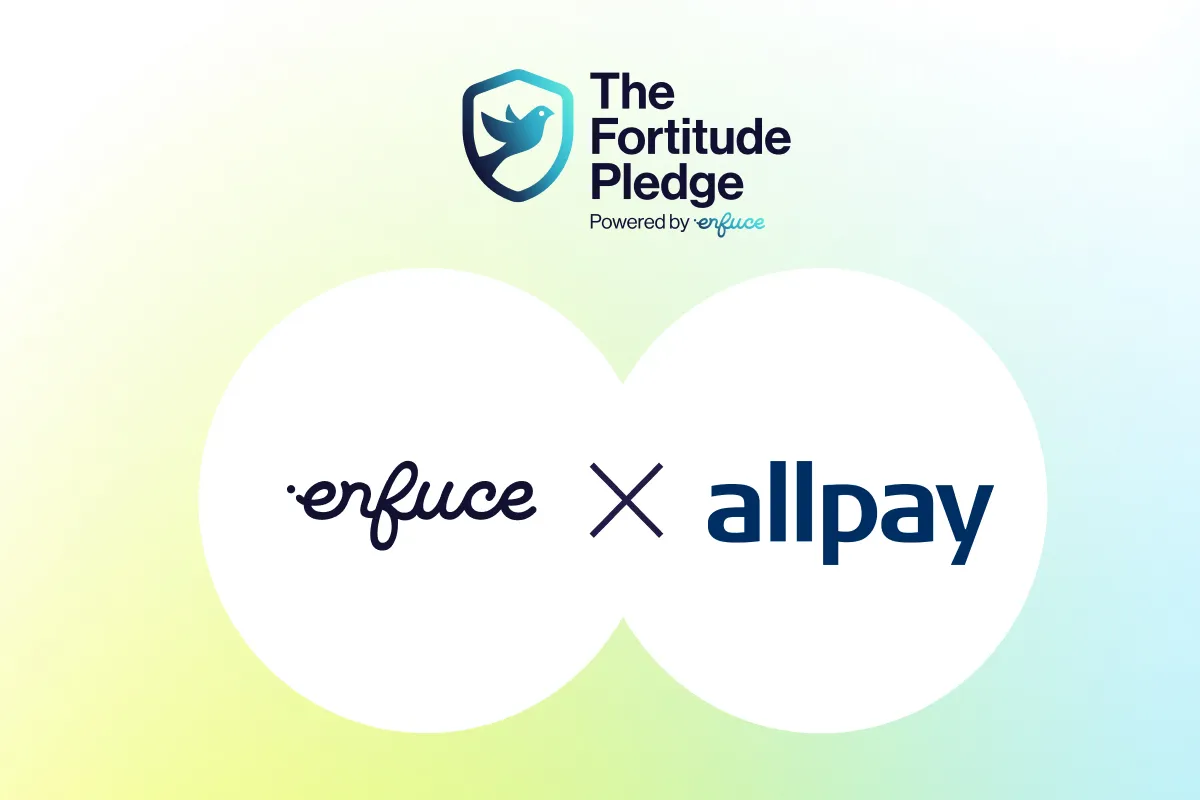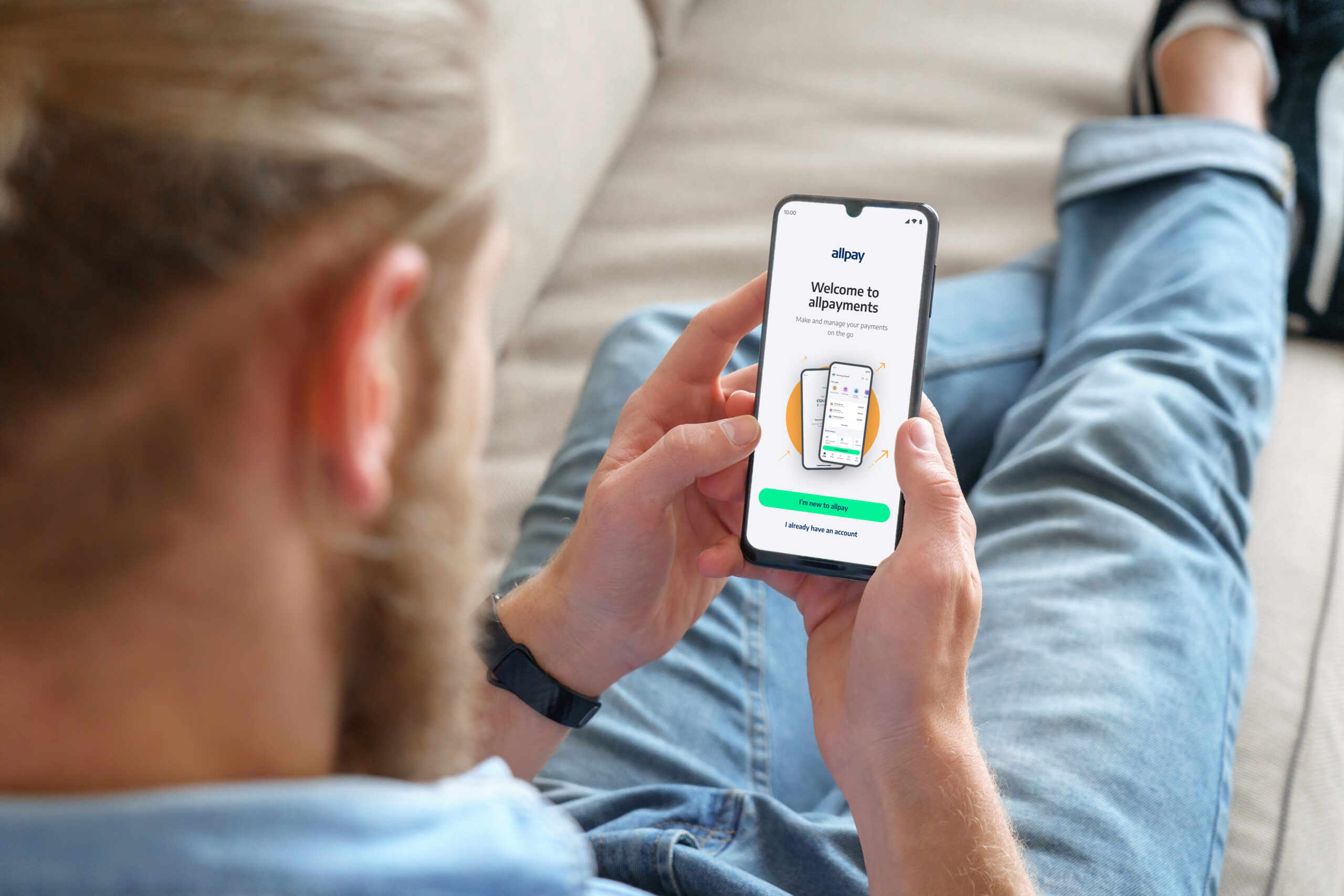By Alicia Willis, Product Manager at allpay
Imagine this: You’re working in a busy local authority, and a resident needs urgent financial support today, perhaps to cover essentials, emergency accommodation, or a crisis payment. In moments like these, every hour matters. Delays don’t just cause frustration; they can deepen hardship, erode trust in public services, and add pressure to already stretched teams. When communities rely on you for swift, reliable help, even small bottlenecks can have big consequences.
That’s why instant payouts have moved from “nice-to-have” to essential. Organisations across the UK are rethinking how they issue funds, and the message is clear: speed, security, and inclusion matter more than ever.
Industry analysis shows that real‑time payment expectations continue to rise into 2026, with instant options accelerating as infrastructure matures and resilience improves. And here’s something you might not expect: cash dependency is rising again. UK Finance shows 1.5 million adults primarily relied on cash in 2023, driven by budgeting and vulnerability needs, reversing a long-term decline. For organisations serving vulnerable customers, this matters. Cash continues to play a pivotal role for vulnerable individuals with the offer of control and reassurance, and with Payout NOW, recipients can redeem vouchers at over 11,500 Post Office branches, ensuring 99.7% UK coverage within three miles. That’s accessibility without compromise.
This shift toward instant, secure access to funds comes at a critical moment. With the Household Support Fund ending and the new Crisis and Resilience Fund launching in April 2026, councils will be expected to deliver support that is faster, more targeted and aligned to a cash‑first approach. For many authorities, this means re‑evaluating payout processes to ensure they can meet DWP expectations for rapid, flexible crisis payments, whether through barcoded vouchers, cash‑out solutions or digital delivery.
Across the public sector, organisations are moving from slow, manual processes to secure, digital, and instant disbursement models. This shift is driven by the need to reduce fraud, improve efficiency, and meet rising expectations for real-time support.
For organisations, the benefits are clear: faster access to funds mean stronger relationships, improved operational efficiency, and enhanced customer satisfaction. At allpay, we’re not just following trends, we’re shaping payout solutions that meet real public-sector needs. Payout NOW combines speed, flexibility, and trust, backed by decades of experience in secure payment solutions.
And increasingly, public sector organisations are looking to simplify their payment landscape altogether. By consolidating both income collection and disbursements with a single supplier, councils can unlock clearer cost control, reduce procurement and contract overheads, and streamline operational spend. A unified approach also strengthens financial oversight, supports audit requirements, and removes the complexity of managing multiple systems and vendors. With allpay, these capabilities sit under one roof, giving teams a more efficient, commercially sustainable way to deliver support while working faster, smarter, and with greater confidence.
The future of payouts is real-time, reliable, and customer centric. The question isn’t if instant payouts will become standard, it’s how quickly you’ll embrace them.
Ready to learn more? Discover how Payout NOW can transform your payout strategy today.


